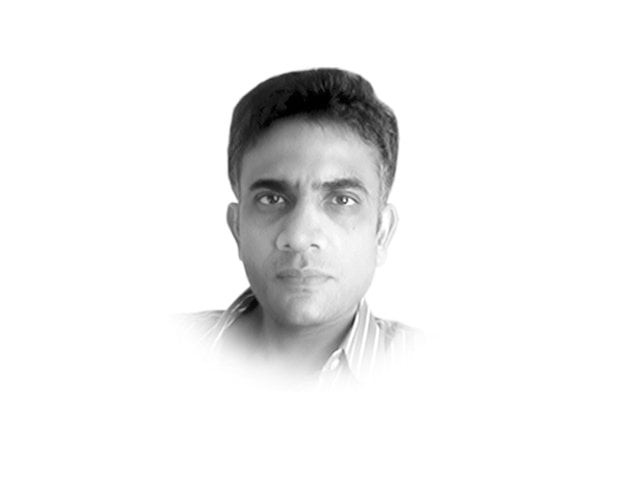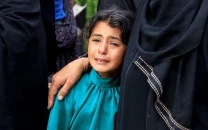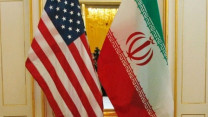Muslim representation in India’s civil service
Average annual number of applicants for CS exams for 4 Muslim-dominated institutions is under 25.

The writer is a columnist. He is also a former editor of the Mumbai-based English newspaper Mid Day and the Gujarati paper Divya Bhaskar
aakar.patel@tribune.com.pk
An article in the current issue of Economic & Political Weekly looks at it another way. Written by the former chairperson of Aligarh Muslim University’s Economics department, it analyses the data of applicants to the civil services from select colleges. The writer, Naseem A Zaidi, starts by framing the problem. In the announcement of May 3, 2013, “out of the 998 candidates recommended (for selection) for various services, only 28 were Muslim — 2.8 per cent of the total. This story is repeated year after year and crossing the three per cent barrier seems insurmountable.”
Zaidi writes that “Different explanations are proffered for this state of affairs. Among these are: there is something wrong with the system of selection; it is an evil design of the people in power to keep the second largest community of the country backward by depriving them of a fair share in the corridors of power and so on. The Muslim political leadership revels in the opportunity to demand community-based reservations in education and employment in the public services.”
Zaidi’s approach is to look at the applicants and see how many are Muslim and how many succeed. Here there is a problem, which is “While (the Union Public Service Commission reports) carry detailed profiles of candidates belonging to the scheduled castes (SCs), scheduled tribes (STs), Other Backward Classes (OBCs) and the general category, no separate data is available for Muslims.” What Zaidi has, therefore, done is to look at institution-wise university data on applicants. She chooses two sets of universities. The first includes Aligarh Muslim University, Jamia Millia Islamia, Jammu & Kashmir University and Kerala’s Calicut University “as these are considered hubs for Muslim students”.
The second group has Allahabad University, Lucknow University, Banaras Hindu University and the University of Rajasthan, Jaipur. She looks at data for five years and finds that the success ratio of applicants from the Muslim set is actually higher (10.2 per cent of applicants) than that of the general set (4.3 per cent). She then looks at the number of candidates from these institutions who actually appeared for the exams and finds a solution to the problem there. The average annual number of applicants for the four Muslim-dominated institutions is under 25. For the other set, it is over 444. Her conclusion is unambiguous: “The low level of participation of Muslim students in the CS examinations rather than their probability of being selected is the major cause for low representation of Muslims in these services.” Zaidi adds her understanding of a second factor that inhibits Muslim participation, which is that “Muslim girls are performing well in many areas but they are not encouraged to attempt the CS examinations.”
I think Muslim groups must look at her work and try and see how to improve their position. Some years ago, I read the interview of a successful Muslim bureaucrat. His advice to Muslims was that “there will be not many who will go out of their way to help you. And there will be even fewer who will deliberately want to hinder you. It is up to you to make a success or failure of your career.”
I think that is the right way of looking at it.
Published in The Express Tribune, January 26th, 2014.
Like Opinion & Editorial on Facebook, follow @ETOpEd on Twitter to receive all updates on all our daily pieces.



















COMMENTS
Comments are moderated and generally will be posted if they are on-topic and not abusive.
For more information, please see our Comments FAQ